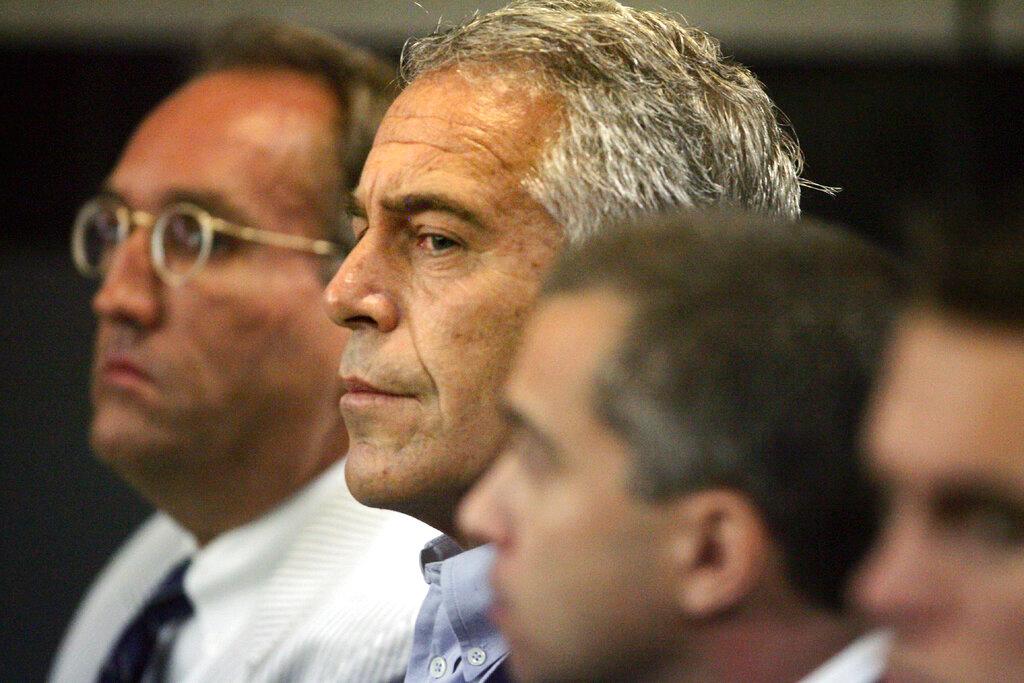Harvard University late last week announced it was punishing a professor who gave convicted sex offender Jeffrey Epstein unfettered access to the program he oversaw.
Martin Nowak, a professor of biology and mathematics who led Harvard’s Program for Evolutionary Dynamics (PED), is barred from starting new research or advising students for at least two years.





